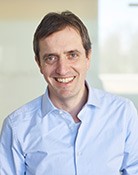The University of Copenhagen
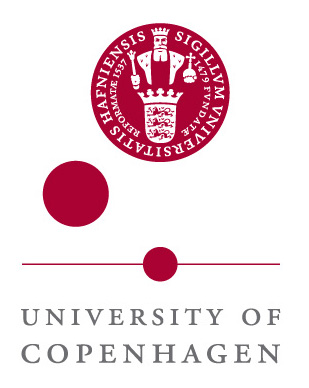 The University of Copenhagen (KU, www.ku.dk) (founded 1479) is the largest research and education institution in Denmark, with more than 40.000 students (including 4.000 international students) enrolled, over 2.500 Ph.D. students and an additional 9.000 employees (both research and administrative). As of 2019, the university has had 39 Nobel laureates affiliated as alumni, faculty members and researchers. Internationally, the University is highly competitive and is ranked as one of the leading universities globally with the most recent ARWU (Shanghai) 2018 rankings placed the University as No. 30 worldwide, No. 6 in Europe, and No. 11 in the subject of Computer Science & Engineering worldwide.
The University of Copenhagen (KU, www.ku.dk) (founded 1479) is the largest research and education institution in Denmark, with more than 40.000 students (including 4.000 international students) enrolled, over 2.500 Ph.D. students and an additional 9.000 employees (both research and administrative). As of 2019, the university has had 39 Nobel laureates affiliated as alumni, faculty members and researchers. Internationally, the University is highly competitive and is ranked as one of the leading universities globally with the most recent ARWU (Shanghai) 2018 rankings placed the University as No. 30 worldwide, No. 6 in Europe, and No. 11 in the subject of Computer Science & Engineering worldwide.
The Department of Computer Sciences (DIKU, www.di.ku.dk) at the University of Copenhagen was founded by Turing Award winner Peter Naur and has 3 ACM fellows. DIKU offers bachelor, master and Ph.D. degrees in computer science. DIKU is a department under the Faculty of Science and cooperates closely with other university faculties, institutes, and centers to modernize IT education. DIKU has existed since 1970 and has grown from 10 staff and 550 students to a total of around 100 staff and 1,000 students today. The research at DIKU includes a wide range of areas from the theory of computing and programming languages to image recognition and machine learning.
Asst. Prof. Dr. Boris Düdder (Ph.D. 2014 TU Dortmund, Germany; Lecturer 2014, Assist. Prof. 2017) is an expert in formal methods in software engineering. Has published over 25 peer-reviewed articles (160 citations, H index 7). Co-supervisor of 4 PhDs in Germany; regular teacher in BSc and MSc courses since 2015. Participated in multiple inter-disciplinary DFG (German Research Foundation) and Fraunhofer research projects in Germany. Is a guest lecturer at the Copenhagen Business School, Denmark, and a member of the European Blockchain Center (EBCC), co-organizer of the second and third Blockchain Summer School in Copenhagen in 2017 and 2018, and UCPH representative at the European Cyber Security Organisation (ECSO). Has more than 15 years of industry experience, funded multiple companies, serves in numerous advisory boards, and worked as a consultant and software engineer for European banking and finance systems and IT for manufacturing systems at Microsoft Corp., Redmond.
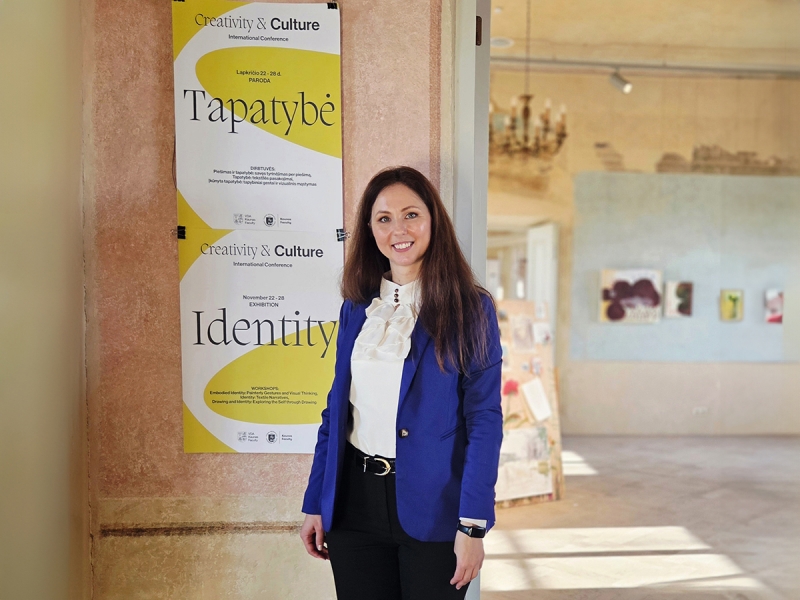

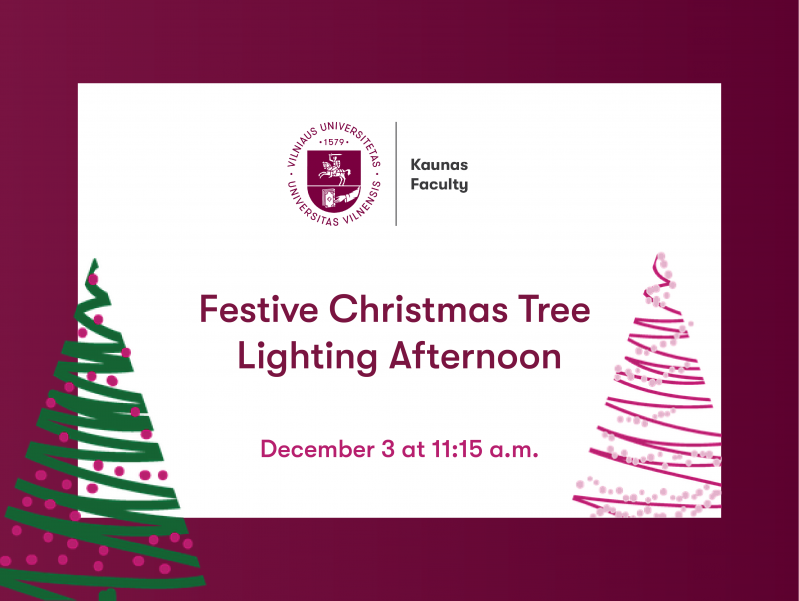



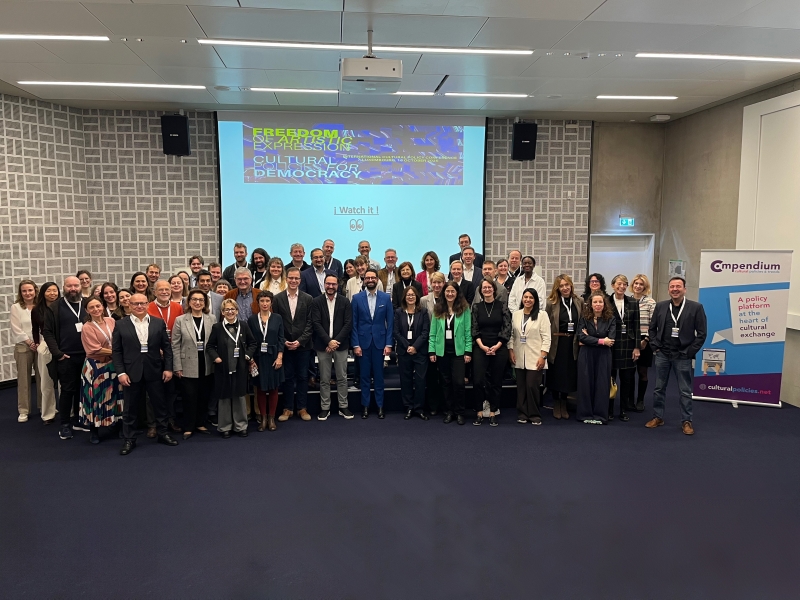
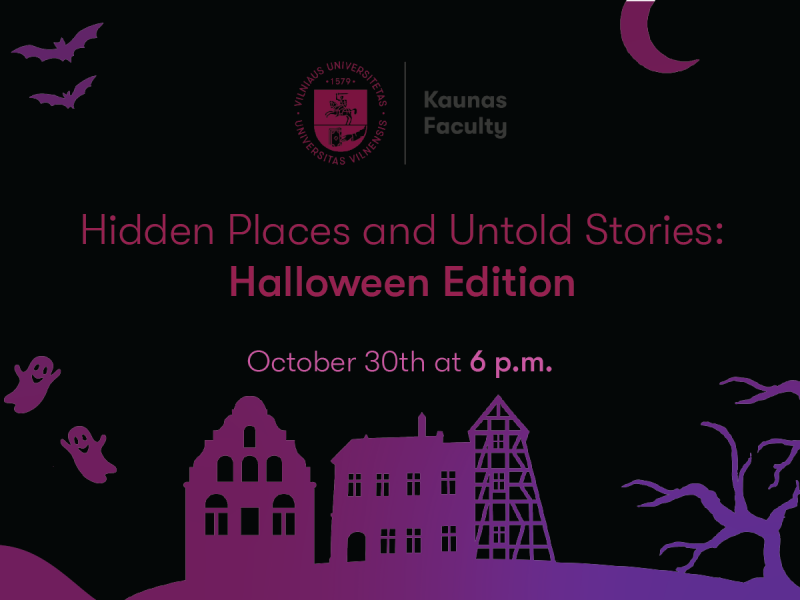
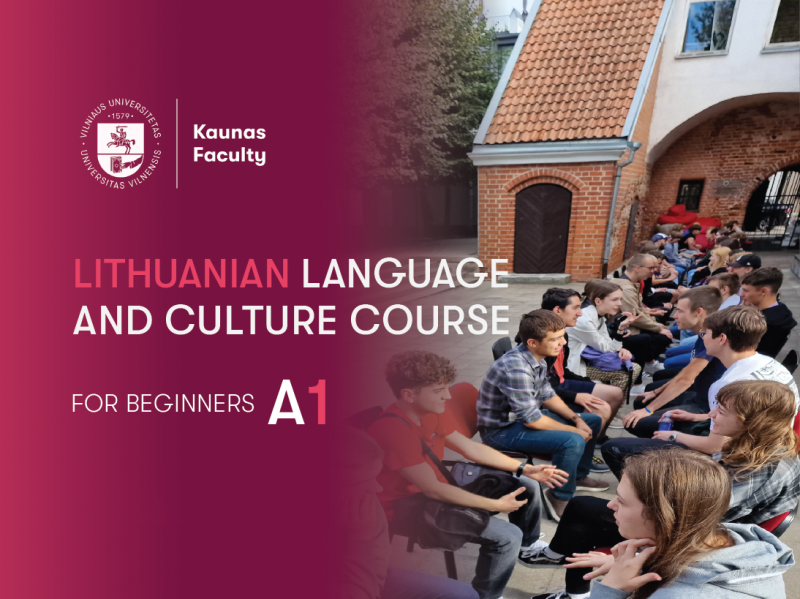
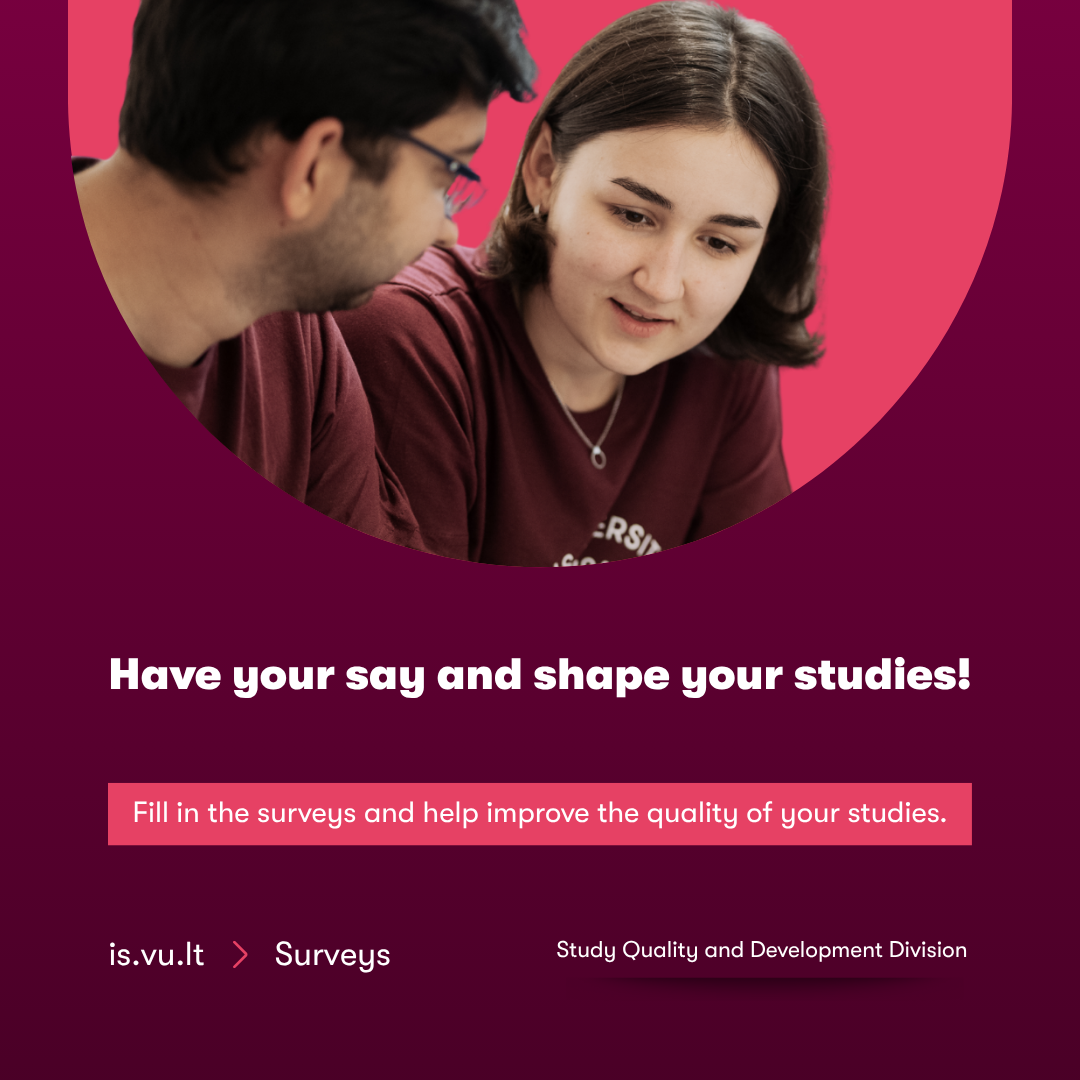
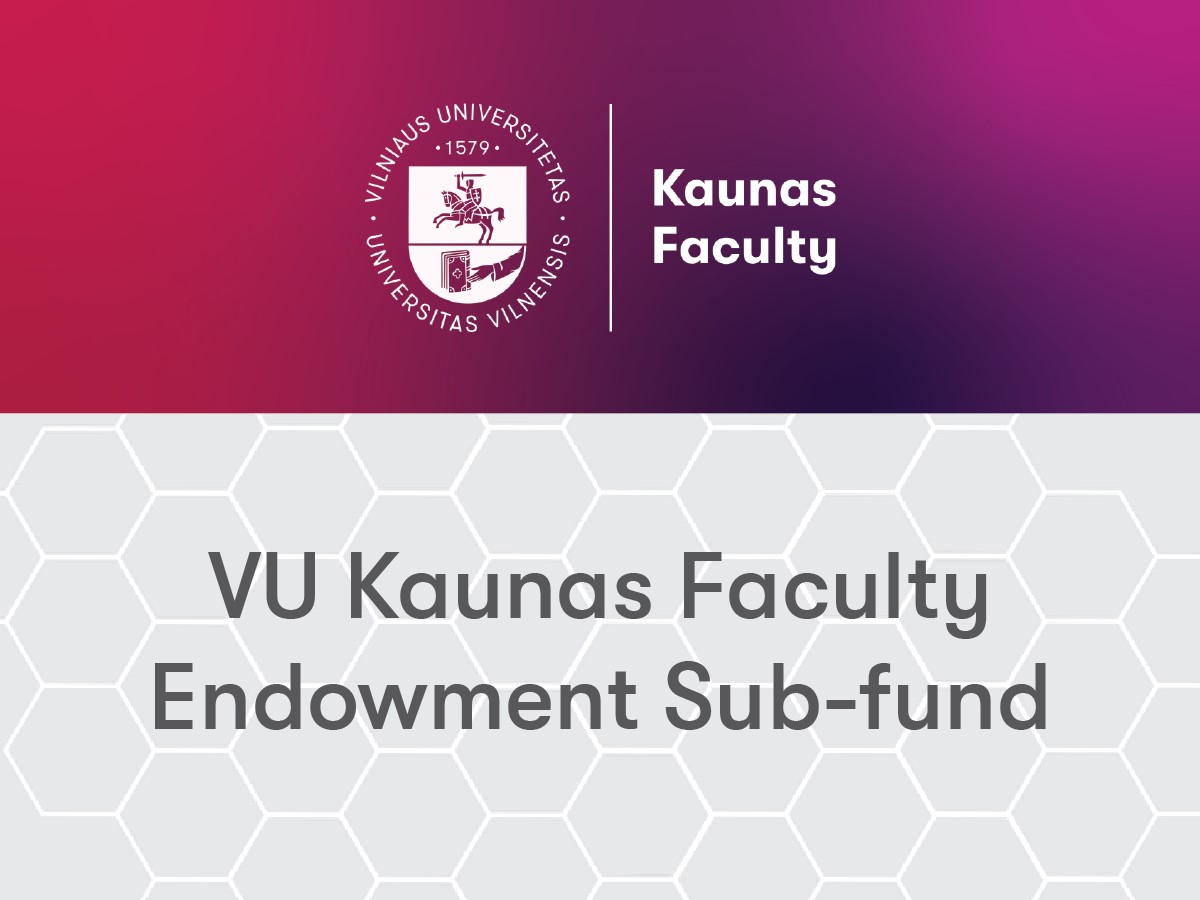
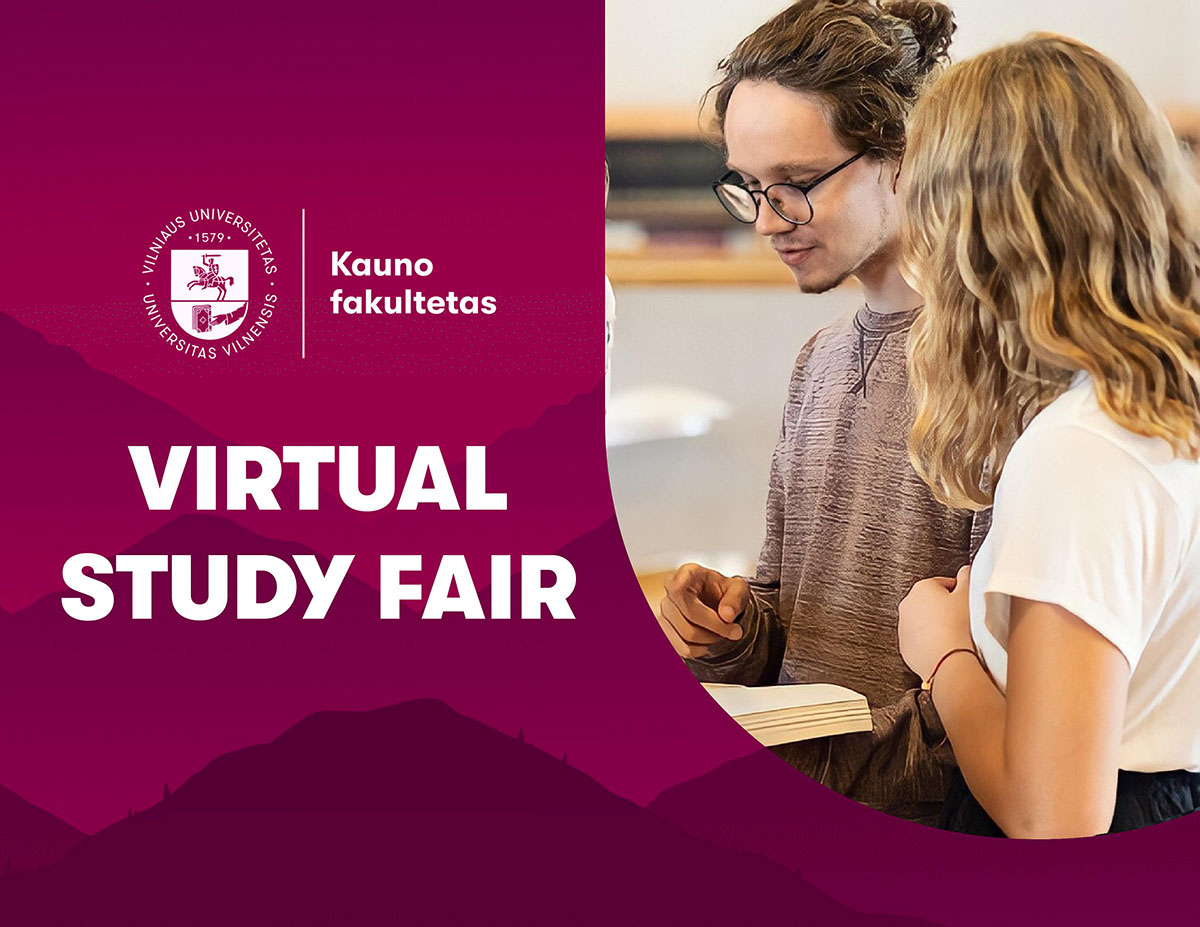
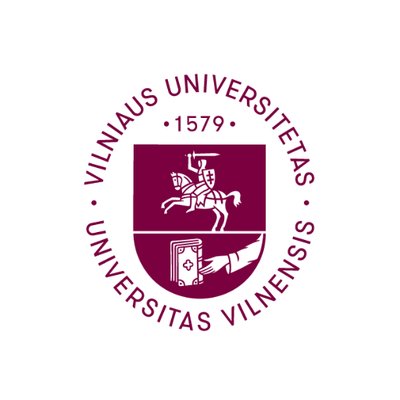
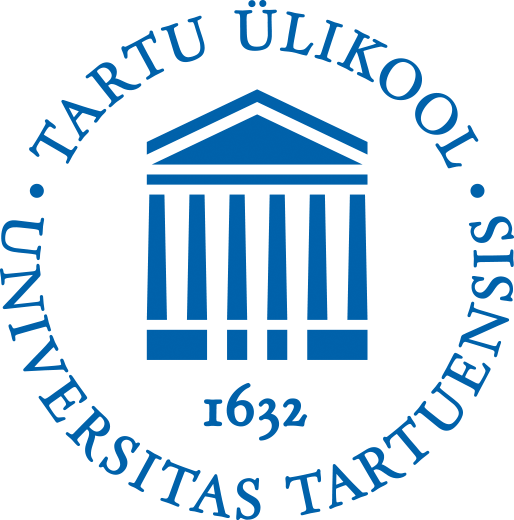 The University of Tartu (UT, www.ut.ee), located in the city of Tartu (second largest city in Estonia), is the most prestigious and comprehensive university in the country and one of the most respectable educational and research centres in Central an Eastern Europe. UT belongs to the top 2% of world’s best universities (QS World University Rankings & Times Higher Education World University Rankings). Founded in 1632, UT is organised into four faculties (social sciences, art & humanities, science & technology, and medicine), which are the home of more than 14000 students and 1900 scientists and academic staff (including 1300 international students from 90 countries). On average, the University awards 100 PhD degrees and university researchers publish about 3000 scientific articles annually.
The University of Tartu (UT, www.ut.ee), located in the city of Tartu (second largest city in Estonia), is the most prestigious and comprehensive university in the country and one of the most respectable educational and research centres in Central an Eastern Europe. UT belongs to the top 2% of world’s best universities (QS World University Rankings & Times Higher Education World University Rankings). Founded in 1632, UT is organised into four faculties (social sciences, art & humanities, science & technology, and medicine), which are the home of more than 14000 students and 1900 scientists and academic staff (including 1300 international students from 90 countries). On average, the University awards 100 PhD degrees and university researchers publish about 3000 scientific articles annually. 
